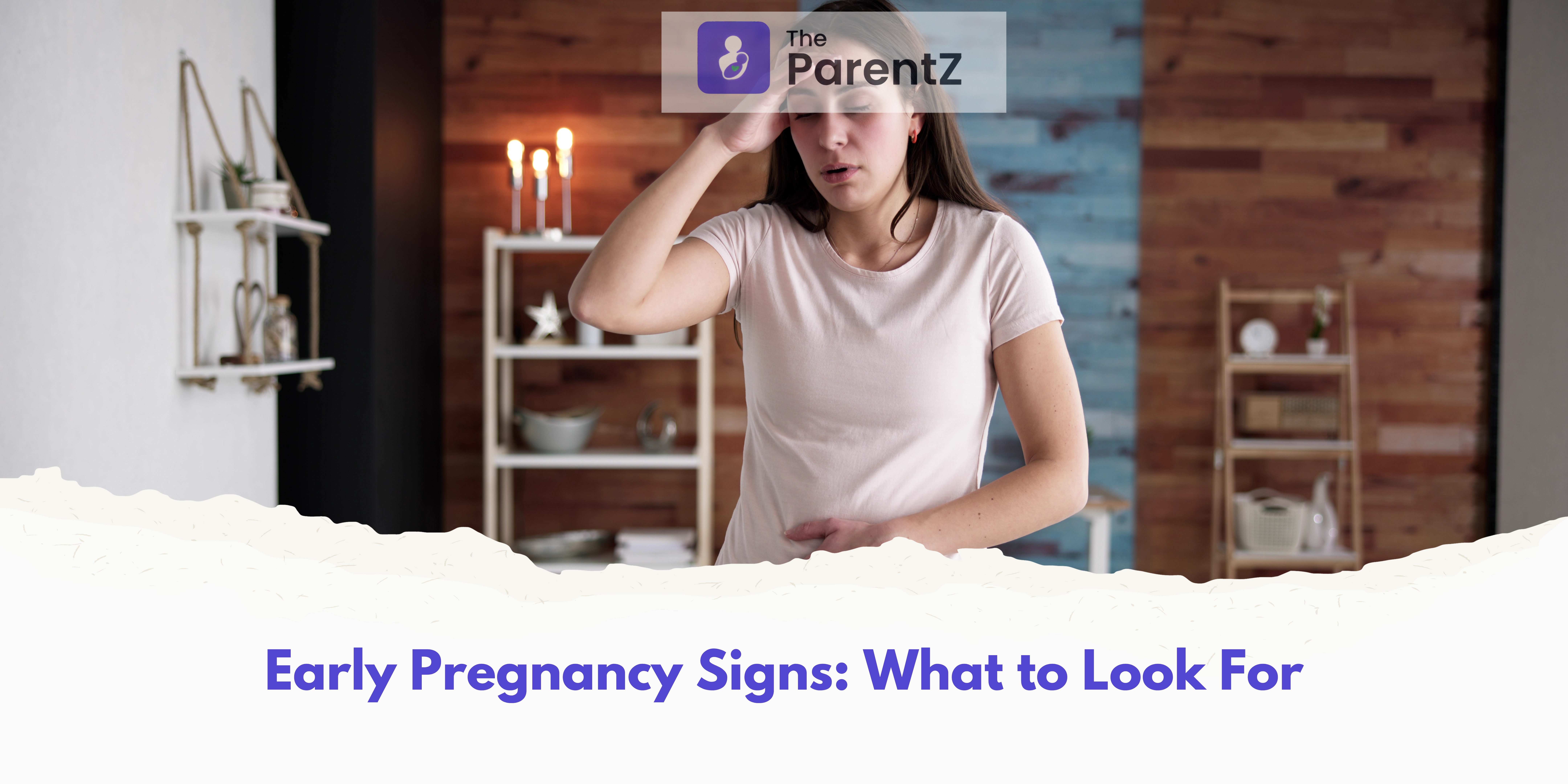Discovering you are pregnant can be an exciting and life-changing moment. For many women, recognizing the early signs of pregnancy is crucial for ensuring proper prenatal care and making necessary lifestyle adjustments. This article explores the most common early pregnancy signs, why they occur, and how to confirm pregnancy. By understanding these signs, women can take timely actions to support their health and that of their developing baby.
Introduction to Early Pregnancy Signs
Early pregnancy signs can vary widely among women. Some may experience noticeable symptoms within a week of conception, while others may not notice any changes until several weeks into their pregnancy. These signs are primarily due to hormonal changes that support the developing embryo and prepare the body for pregnancy.
Common Early Pregnancy Signs
Missed Period
A missed period is often the first noticeable sign of pregnancy. If your menstrual cycle is regular and you miss a period, it could be an indication of pregnancy. However, missed periods can also be caused by stress, hormonal imbalances, or changes in contraception, so it's essential to consider other symptoms as well.
Morning Sickness
Morning sickness, characterized by nausea and vomiting, usually starts around the sixth week of pregnancy but can begin as early as the fourth week. Despite its name, morning sickness can occur at any time of the day. It is believed to be caused by rapidly increasing levels of human chorionic gonadotropin (hCG) and estrogen.
Breast Changes
Hormonal changes in early pregnancy can cause breasts to become swollen, tender, or sore. The nipples may darken, and you might notice increased sensitivity. These changes prepare the breasts for milk production and can start as early as one to two weeks after conception.
Fatigue
Feeling unusually tired is a common early sign of pregnancy. Increased levels of the hormone progesterone can cause fatigue, as the body works harder to support the developing embryo. This fatigue often starts in the first few weeks of pregnancy.
Frequent Urination
As the pregnancy hormone hCG increases blood flow to the pelvic area, it can cause more frequent urination. This symptom typically starts around the sixth to eighth week of pregnancy and can continue throughout.
Food Aversions and Cravings
Hormonal changes can also affect your sense of taste and smell, leading to food aversions and cravings. You might find yourself turned off by certain foods or developing a sudden craving for others. These changes can occur early in pregnancy and vary from woman to woman.
Mood Swings
The surge of hormones in early pregnancy can cause emotional changes, leading to mood swings. You might feel unusually emotional or irritable, similar to premenstrual symptoms but more intense.
Spotting and Cramping
Some women experience light spotting and cramping in early pregnancy, known as implantation bleeding. This occurs when the fertilized egg attaches to the lining of the uterus, usually around six to twelve days after conception. The spotting is typically lighter than a regular period and lasts for a shorter duration.
Elevated Basal Body Temperature
If you have been tracking your basal body temperature (BBT) to monitor ovulation, you might notice that your BBT remains elevated for more than two weeks after ovulation, which can be an early sign of pregnancy.
Other Possible Symptoms
While the above signs are common, there are other symptoms that some women may experience in early pregnancy:
- Bloating: Hormonal changes can cause bloating similar to what you might experience before your period.
- Constipation: Increased progesterone levels can slow down the digestive system, leading to constipation.
- Dizziness and Lightheadedness: Changes in blood pressure and increased blood volume can cause feelings of dizziness or lightheadedness.
- Headaches: Hormonal fluctuations and increased blood volume can lead to headaches in early pregnancy.
Confirming Pregnancy
If you suspect you are pregnant based on early signs, the next step is to confirm the pregnancy:
- Home Pregnancy Tests: These tests detect the presence of hCG in your urine. For the most accurate result, take the test a week after your missed period.
- Blood Tests: A healthcare provider can perform a blood test to measure hCG levels, which can confirm pregnancy earlier than a home test.
- Ultrasound: An ultrasound can confirm pregnancy and provide information about the gestational age and health of the embryo. This is typically done around six to eight weeks into the pregnancy.
When to See a Doctor
It is essential to see a doctor as soon as you suspect you are pregnant or have a positive home pregnancy test. Early prenatal care is crucial for monitoring the health of both the mother and the developing baby. Your doctor can provide guidance on nutrition, lifestyle changes, and what to expect during pregnancy. Additionally, they can address any concerns or complications that may arise.
Conclusion
Recognizing the early signs of pregnancy can help you take the necessary steps to ensure a healthy pregnancy. Symptoms such as a missed period, morning sickness, breast changes, and fatigue are common indicators. However, confirming pregnancy with a home test or through medical consultation is essential for accurate diagnosis and early prenatal care. By staying informed and proactive, you can support your health and the development of your baby from the very beginning.









Be the first one to comment on this story.